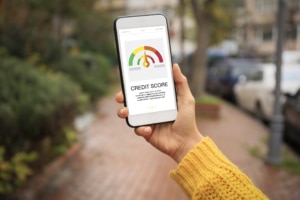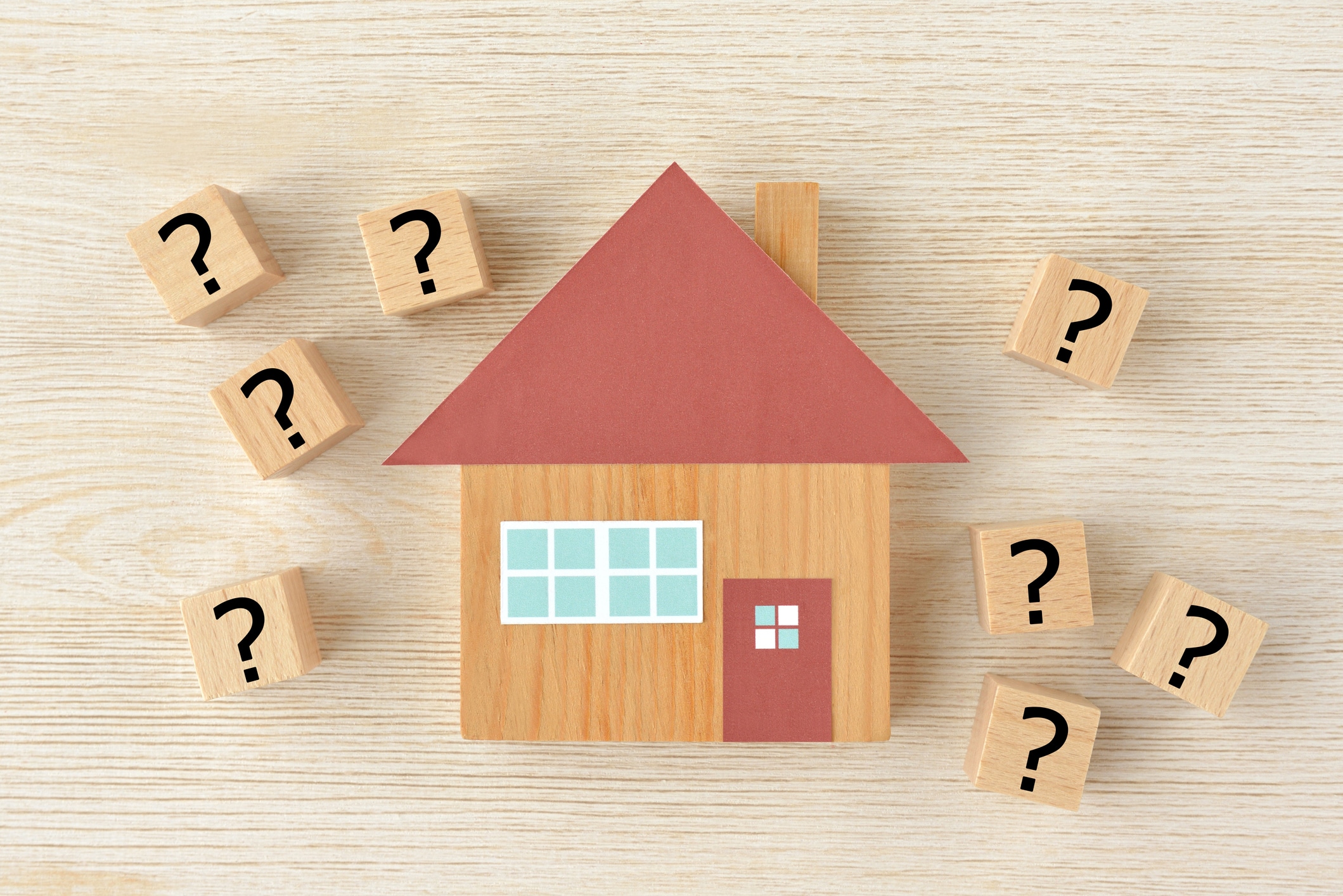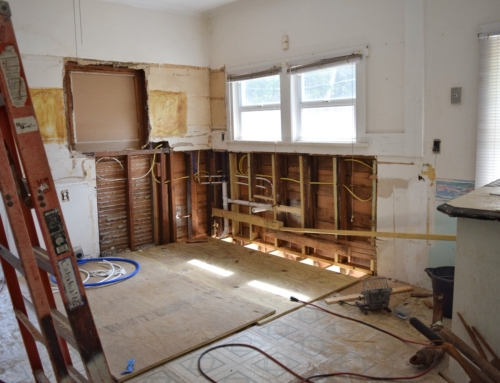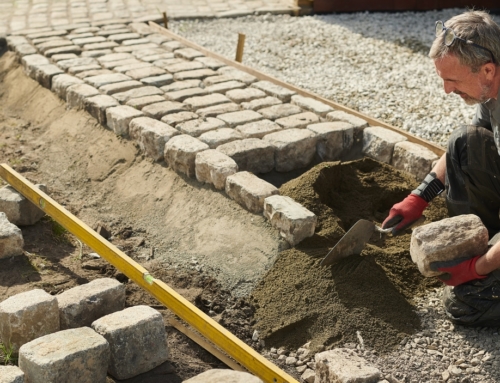Whether you’ve purchased several homes throughout your lifetime or are getting ready to buy your first property, this major life’s decision deserves careful consideration and a complete understanding of all the details involved before you sign on the dotted line. Stay tuned for the top home buying tips for purchasing your next home.
As with nearly everything else in life, information is power. The more research you do and the more answers to your questions you receive, the better your position when it comes time to begin some serious house hunting here in SW Florida.
Are You Financially Prepared to Buy?
The first thing you should do is take a hard look at your overall financial situation to determine if a home purchase makes sense in your case.
A mortgage lender is going to look at specific things to determine if you meet the requirements necessary to pay back your loan, and if you are a reasonable loan risk.
Know Your Credit Score
 One of their primary concerns will be your credit score. If you have a low credit score – generally 600 or below – the lender will be less likely to loan you money for a home purchase. Even if your credit problems happened years ago, the lender will still have concerns about your ability to repay the loan.
One of their primary concerns will be your credit score. If you have a low credit score – generally 600 or below – the lender will be less likely to loan you money for a home purchase. Even if your credit problems happened years ago, the lender will still have concerns about your ability to repay the loan.
People with lower credit scores will not be offered the lower interest rate and other more favorable repayment terms as those of someone with a higher credit score.
Debt-To-Income-Ratio
If you have other current loans like a car payment and several credit cards, the lender will consider all that information to determine your ability to obtain a mortgage. This is known as your debt-to-income ratio. They will also factor in things like any alimony or child support payments you’re required to make, and other items like student loans.
If your total monthly debt payments are more than 40% of your total monthly income, it can be considerably more difficult to obtain a loan, or at least one that makes financial sense.
Another factor is the percentage of your total housing costs related to your total monthly income. The general rule of thumb is that your overall costs of home ownership, including your mortgage payment, property taxes and homeowners’ insurance, should not exceed 30% of your monthly gross income.
What Do I Need as a Down Payment?
If you’re trying to qualify for a conventional, 30-year mortgage loan, the general rule is that a lender will want you to put around 20% down on the purchase price. Lenders want to see that you have a substantial financial investment in the property as one indication of your loan worthiness.
With the median home price in Florida at around $270,000, that can mean around $50,000 or more out of your pocket. There are mortgage programs that require less down payment, but you’ll pay a higher interest rate and likely more up-front costs.
If you’re a veteran or can qualify for an FHA loan, you’ll need much less of a down payment. A VA loan does not require any down payment, and an FHA loan will require a down payment in the neighborhood of 3.5 to 4%.
But the caveat here is that you’ll need to also pay for Private Mortgage Insurance, an additional fee built into your loan to guarantee the lender full repayment in the event you default on the note. Unlike in a conventional mortgage where you can refinance your home to eliminate your PMI payment once you have lived there awhile and built up enough equity in the home, you’ll be paying PMI throughout the entire life of the FHA loan.
Get Professional Help
 While many people buying a home choose to look online and find a property without using a REALTOR®, using a local professional who knows the market can make a lot of sense.
While many people buying a home choose to look online and find a property without using a REALTOR®, using a local professional who knows the market can make a lot of sense.
Using a successful agent who knows the area in which you plan on buying can save you many headaches down the road. A good real estate professional can tell you details about the neighborhood or gated community you’re considering, accurate facts about things like any homeowners’ association fees, city and county taxes and much more.
They will also be able to determine the home’s value and guide you as to what your purchase offer should be. Most importantly, an experienced REALTOR® will be your negotiator throughout the entire purchase process, which helps keep you emotionally removed from dealing with the seller or seller’s agent.
Making an official written offer to purchase real property can involve many more details than people think. There are contingencies to consider, like any repairs the home may need and how they affect the contract, the amount of time it will take to close the deal, and many more. And while some shy away from using a real estate agent to find their next home, the buyer does not pay the commission to the agent – that fee is borne by the seller.
The right mortgage lender is also a critical part of buying a home. You can get names of the top mortgage brokers in your area from your REALTOR® or speak to the financial institution you currently use to ask about their residential lending programs.
Home Inspections and Appraisal Critical to Successful Purchase
A thorough home inspection by an independent party can be your greatest defense against the risk of any future problems and expenses. Generally, this cost is the responsibility of the buyer, and is usually added to your total closing costs at the settlement table.
A qualified and reputable home inspector has likely been hired by the lending institution dozens if not hundreds of times and will literally go through and verify the condition and working order of things like foundational soundness, the home’s roof condition, pool equipment and HVAC system functionality, plumbing and electrical service, all home appliances and more.
Some may feel that buying a home that was built within the last two years may not require an inspection, but you would be smart to invest that money anyway. The approximately $500.00 you’ll spend can save you from thousands in unseen costs after you move in.
The lender will also order an independent appraisal of the property to ensure that its value is in line with the amount you are requesting for your loan. You’ll be charged about $500.00 for that service at closing, and you need to know that a low appraisal can mean needing to renegotiate some terms of the offer, like possibly providing more cash down.
Plan, Prepare, Purchase
Buying a home can be one of the most rewarding experiences of your life, no matter how many times you’ve been through the process. By doing your homework, enlisting the guidance of the right real estate and lending professionals, and making sure you haven’t overlooked any critical details, you can do a lot to ensure everything goes as you intended.
You’ll be given the opportunity to walk through the home immediately prior to closing and getting the keys, and that’s the perfect time to fully check everything before you sign the loan papers. When this happens, the more eyes, the better.
Take your significant other with you, and maybe enlist the help of a friend or relative in the construction business to take a good look around. This is your last chance to make note of anything that may present a problem as to the functionality of the home, any serious repair issues, or address any repairs that were supposed to have been done but were not.
While there are situations in which homes on today’s market are snapped up within hours of hitting the Multiple Listing Service and often with seller’s receiving even more than they had been asking, there are still very good and financially sound residential property investments out there.
The keys are to do your research and legwork, ask questions and make sure you get accurate answers, and get all your financial ducks in a row.
You could soon find yourself going from tenant to homeowner or upgrading your family’s lifestyle by moving into a newer home that better suits your needs.







Leave A Comment